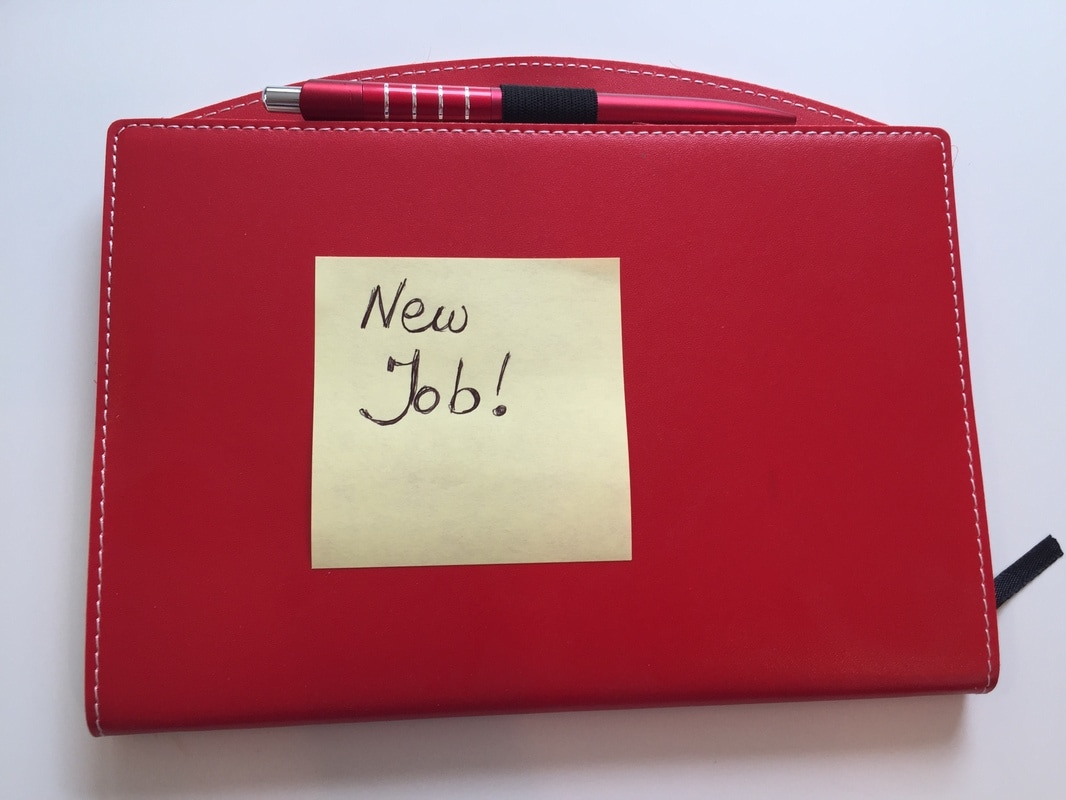Do you find yourself dreading the office each day? Perhaps you work alone, but crave more social interaction? Are you frequently behind-the-scenes, disconnected from the impact that your job makes? Or, is your work style at odds with that of other team members? Do all these things add up to you wanting to make a change?
From the overarching culture of the organization, to the make-up of the team, to the location and details of the office set-up, our work environment can add or detract from the sense of meaning and fulfillment we derive from our jobs.
This issue has been coming up in my coaching work. Recently a client told me that her job environment is a large part of why she wants to switch careers. A social person, she is someone who craves collaboration and teamwork, but instead must spend her days alone at the computer in a closed office. Her colleagues, happy with the set-up, interact with her infrequently. There is little need to bounce ideas off of each other, as everyone works on their own individual projects. It is a serious place where academic approach and independent contributions are valued above collaboration and communication. After a few years, this environment has begun to affect her sense of engagement and motivation.
Another client faces similar challenges. Although she likes to work independently, geographically removed from her office, her lack of visibility is not ideal and limits her opportunities for growth. She feels disconnected from her team and from the impact that her contributions make.
A couple of weeks ago, a friend shared some thoughts by Dan Ariely, a well-known behavioral economist, on the subject. In a Q & A portion of his website, Dan dealt with a related concern about job satisfaction. The questioner, an air traffic controller working at a remote radar facility, asked whether moving locations (closer to the airport where he could see the planes taking off and on) would increase his motivation and level of fulfillment. Being geographically removed from the airport made his job feel too abstract. Seeing planes as only dots on the screen created a sense of disconnection, and he struggled to see how what he did had tangible impact.
Dan responded that moving locations will likely help. He reasoned that that the disconnectedness and the abstract nature of the job could dull our sense of empathy and care, which are deeply connected to the sense of meaning we derive from our jobs. Dan further hypothesized that even if the change in locations was not possible, other changes could help. Being given tangible information about the people on the planes – for example, that they were all healthy upon arrival -- may have an impact on the perceived meaning and satisfaction the air traffic controller derived from his job.
So, what does this mean for those of us wanting to make a change?
Should we make adjustments to our external work environment – move to a different job location, leave our office for an open floor plan, switch teams, or find a partner that works well with us? Or should we work on changing our perception – trying to focus on the positive impact that our job will have on others? Or perhaps more radically, consider changing our jobs to find a better fit?
I think the answer probably depends on whether you have a sense of deeper purpose in your work. Are you happy with what you do and find the work meaningful? Or do you struggle to imagine how what you do makes a difference?
For me, spending a day by myself writing and not interacting with people directly can be challenging. But I derive enough meaning from the work to compensate for the temporary lack of connection with others. That was never the case in my previous job, no matter how often I tried to sit outside my office, or work in a setting that offered more variety. Ultimately, it was tough to connect the dots of how the job really mattered, although I know that many others at my office felt differently.
The decision to change jobs, and even careers, is a radical one but is sometimes the only viable solution to ensure long-term job satisfaction. Other times, though, smaller changes to the work environment are enough to help you rediscover a sense of meaning in what you do. And other times, still, making smaller changes may lead to bigger ones down the road.
Do you know which change is right for you?





 RSS Feed
RSS Feed